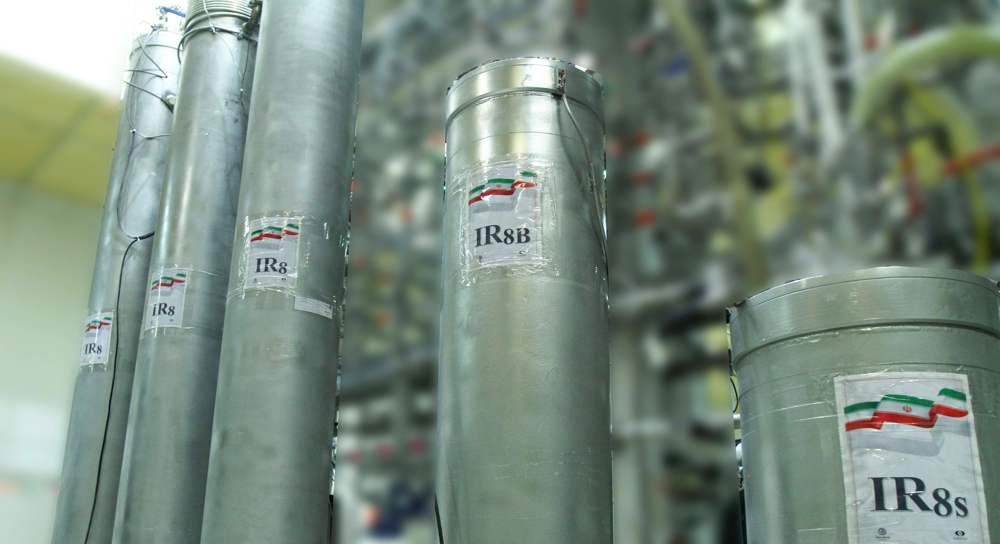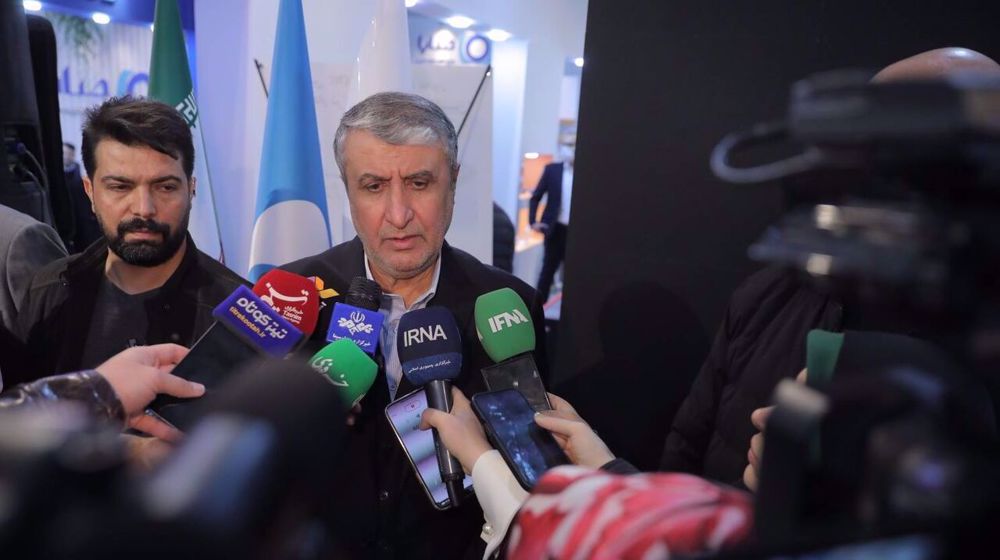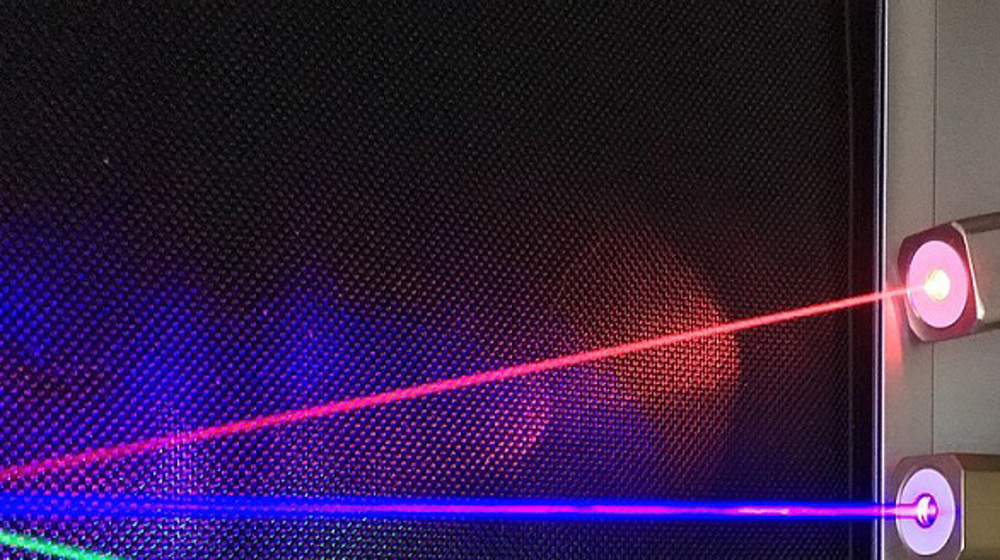Ex-Israel spymaster admits: Iran can’t be stopped in nuclear bid
A former Mossad chief, who ran the agency under three Israeli prime ministers, admits that Iran’s nuclear program cannot be stopped, expressing confidently that the Islamic Republic is determined to advance its atomic work.
Shabtai Shavit, Mossad chief from 1989 through 1996, made the remarks to The Times of Israel in a June 2 interview that the daily published on Wednesday.
In the interview, the 80-year-old was asked about a book he has written under the title Head of Mossad -- published in Hebrew in 2018 -- where he has admitted Iran cannot be stopped in its nuclear bid.
“So the worst-case scenario is that the Iranians won’t give up on their decision, their determination…,” Shavit said of the Islamic Republic’s resolve to retain and advance its nuclear activities.
He, however, alleged that the Iranian nuclear energy program had a military aspect to it, something that Israel and its biggest ally, the United States, have never ceased to claim.
This is while, as per a fatwa (religious decree) by Leader of the Islamic Revolution Ayatollah Seyyed Ali Khamenei banning nuclear arms, Iran has never sought and will never seek such non-conventional weapons.
The US and Israel’s bid targeting Iran comes while the former is the only country to have ever used nuclear weapons, and the latter is widely known to be the only possessor of nuclear arms in the Middle East with hundreds of atomic warheads. Tel Aviv also refuses to join the Nuclear Non-Proliferation Treaty (NPT), a monument to global peace and security that the Islamic Republic is a signatory to.
The former spy chief’s remarks concerning Iran's nuclear program and its considering access to peaceful nuclear energy to be an “absolute right” were most recently underlined by Behrouz Kamalvandi, spokesman for the Atomic Energy Organization of Iran (AEOI).
Speaking on Sunday, Kamalvandi pledged that a new and more advanced shed would be built at the country’s Natanz nuclear facility to replace one that was damaged during an earlier incident.
“Necessary arrangements have been made to rebuild the damaged shed at Shahid Ahmadi Roshan (Natanz) nuclear facility and a bigger shed with more advanced equipment is to replace it,” he said. The official reminded that the shed involved in the incident had initially been tapped to host more centrifuge machines in line with an order issued by the Leader for the AEOI to make preparations for the enrichment of uranium up to a level of 190,000 SWU (Separative Work Unit) without delay.
The incident hit the shed, which was under construction at the complex at the time, on July 2. It, however, caused no casualties and failed to either slow down or stop the enrichment work at the nuclear site.
Tehran has not officially declared whether it was an accident or an act of sabotage, but the country’s Supreme National Security Council has said the main cause has been determined and would be announced at an appropriate time.
Various reports across Israeli or Israeli-allied media outlets have, meanwhile, been trying to establish credit for the Israeli regime for carrying out an alleged attack on the Natanz site.
This is while some Israeli officials, who have been asked about the possibility of the regime’s involvement in the blast, have neither confirmed nor denied its involvement, with the Israeli minister for military affairs, Benny Gantz, saying, “Not every event that happens in Iran is necessarily related to us.”
Gantz predecessor Avigdor Lieberman was also soon to rage against an alleged “senior intelligence official”’s reportedly claiming a role by Tel Aviv by saying the purported figure “not only explains what we did, but also what we didn’t do.” He also urged Prime Minister Benjamin Netanyahu “to keep that senior intelligence official’s mouth shut.”
The Tel Aviv regime has, nevertheless, carried out many atrocities in the past to try to come in the way of Tehran’s peaceful nuclear work.
The regime has been behind the assassination of several Iranian nuclear scientists. It has also conduced cyberattacks on Iranian nuclear sites.
In 2010, Stuxnet, a cyber weapon widely believed to be made by the US and Israel, hit Natanz, in the first publicly known example of a virus being used to attack industrial machinery. Tehran later developed an indigenous firewall, securing its sensitive industrial facilities against Stuxnet.
VIDEO | Iran says it won’t seek war but will hit back at any aggression
Threatening Iran and its Leader is playing with fire Trump and his ilk cannot contain
Israeli raids displace 25,000 Palestinians from Tulkarem refugee camp
All US bases, mercenaries within Iran’s reach: Leader’s representative
VIDEO | Lebanon parliament discusses budget in light of deep rifts
Regional states reject use of their territory against Iran
VIDEO | Israeli military destroys Gaza cemetery, scattering remains of over 700 graves
Iran ministry slams EU’s blacklisting of IRGC as 'Illegal, hypocritical'














 This makes it easy to access the Press TV website
This makes it easy to access the Press TV website